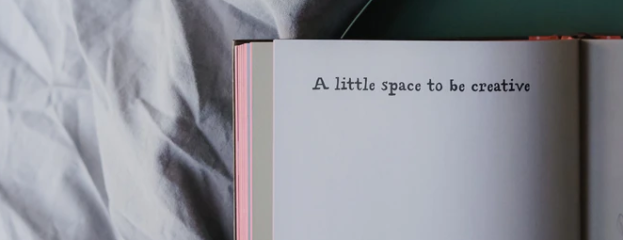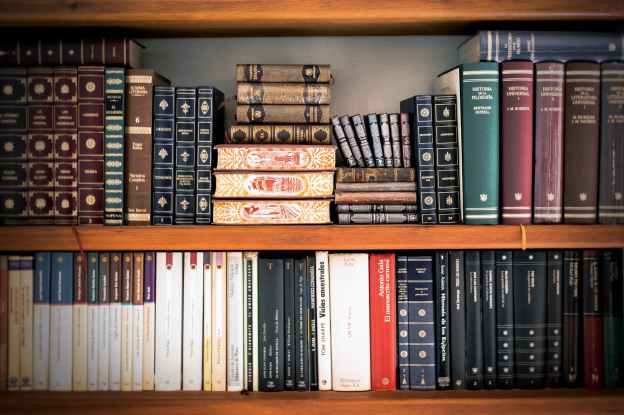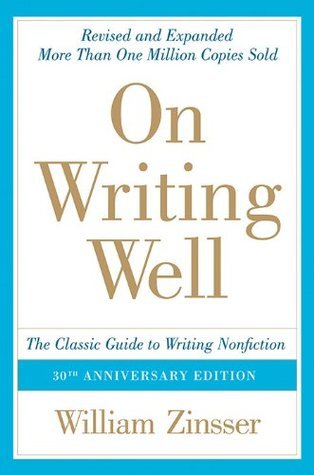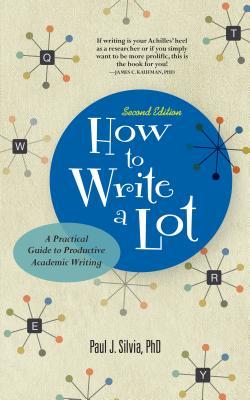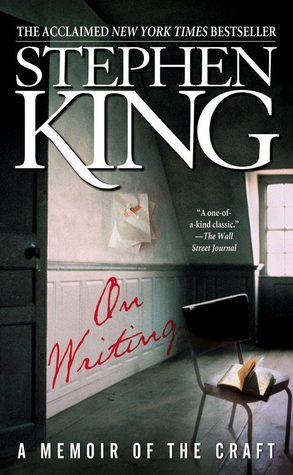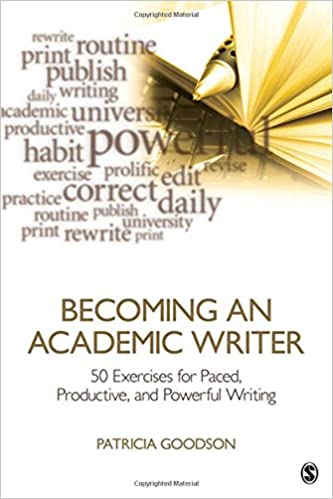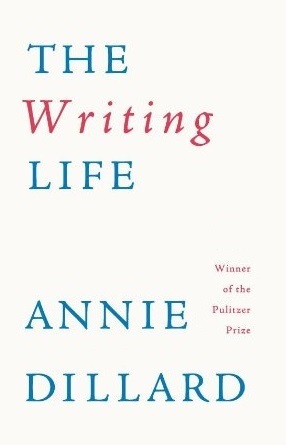Written by Elijah Gamble
As a senior undergraduate rhetoric major, I feel like school takes a lot from me sometimes. Not to mention I also work in a writing center where it is my job to ingest and critique pages of content. One of the leisures school has taken from me is the joy of reading and the release of writing. (That is not to say I do not love my job because I do). To read for me in the past was to liberate myself from the confines of reality and into the realm of deep imagination; to read for me now is to dissect, to identify, to bind the world and the many perceptions of it into a linguistic code. By the same token, writing for me in the past was to record my imagination, my laughter, my story into something of my own creation and done by my own volition. Similar to my present experience with reading, writing can now feel like a chore of a madman’s making.
Lately, however, I have tried branching out of my routine-generated comfort zone. Over the summer I participated in a poetry workshop via Zoom. There, I rediscovered some of the bliss of reading and writing. The workshop provided me with a low-stakes zone where reading and writing was not required but encouraged, shared, spoken, loved, imagined, experienced, and most of all, lived— not only by me but by others as well. I was allowed access to a platform that I had been denying myself for years.
I found myself perplexed by my former inability to access a portion of myself that had seemed so vital to my existence in the past. Then, I found myself questioning why I even needed permission, from someone else no less, to revisit my long lost loves. Being able to capture reading and writing in a whole new light once again made me realize that I could also apply my reunion to my academic and professional life.
Consequently, this rediscovery of mine reignited my passion for my major and my field of study. The exposure that the workshop provided me with helped me realign my focus. I tried implementing new reading habits and new writing habits in my personal writing. I did the same with my academic and professional writing. I feel as if I have recovered a bit from the reading and writing fatigue I had been experiencing and was able to read a new novel cover-to-cover, for myself and myself only, like I used to when I was younger. Reading and writing for class and work seem less like a chore and more like a hobby. I was not expecting to gain so much from stepping out of my comfort zone, but what I gained was well worth the discomfort the journey to rediscovery caused me.
TL;DR I went to a poetry workshop and found my love for literature and composition again. I recovered from a terrible case of writing fatigue and burnout.

